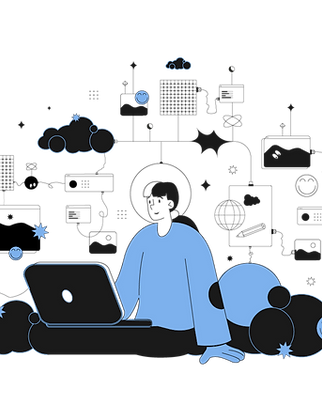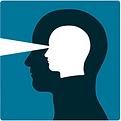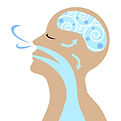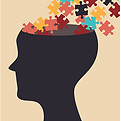In-Service
For my final in-service presentation as a Level II Fieldwork student at Belair Care Center, I discussed the value of technology in a sub-acute setting and introduced a tablet program for the patients.
Overview: Technology in Sub-Acute Rehab
During my presentation, I explained how various apps can address visual perceptual skills, breathing techniques, cognition, communication skills, and visual scanning skills. I also discussed the research I found, which described how each of these skills play an important role in the lives of the patients, as improving these skills can lessen their fall risk and improve their functional independence. Additionally, I suggested that patients can utilize these apps while upright to target balance and standing tolerance as well.
Prior to my presentation, I presented my idea to the OT director and asked if there was any way for the therapy department to have access to an iPad. After the OT director provided me with an iPad to utilize in my presentation, I downloaded over 30 apps to the device. I made sure to create folders on the iPad and labeled them as the various skills each app targets. This would make it easier for therapists to find apps for the skills that they want to work on.
The presentation was well-received and I was given positive feedback from all staff. 6 months later, therapists at Belair Care Center are still utilizing the iPad in their treatment sessions and are using the various apps that I introduced to them.

Skills Targeted Through iPad Program
Utilizing apps on an iPad during treatment sessions can be a great way to target multiple skills at once. It also a great way to engage patients and better connect them with the tech savvy world we live in.

Visual Perception
Visual Perception is an important skill to target because falls in older adults are closely related to these abilities. Many older adults have visual perception impairments, which leads to difficulty with organizing visual information, identifying objects in space, and understanding the relationship between objects in space.
Apps I downloaded:
-
Flow
-
Visuospatial Games
-
Polygram
-
Roll the Ball

Breathing Techniques
Breathing techniques are especially useful for patients with SOB, COPD, post COVID-19, or any patient on supplemental O2. Improving their pursed lip breathing and ability to take deep breaths can benefit their health overall. These exercises can be performed before, during, or after therapeutic activity. Apps I downloaded:
-
iBreathe
-
Breathewrk

Cognition
Many older adults experience cognitive decline as they age. Cognitive games can help with cognitive processing, working memory, and problem solving skills.
Improving cognitive skills in therapy can be beneficial in helping the patient become more independent and successful once discharged. Apps I downloaded:
-
Lumosity
-
Puzzle Apps (crosswords, word searches, etc.)
-
Brainzzz

Communication
Communication is a key part of functional independence. Learning how to use Augmentative and Alternative Communication (AAC) may be essential in patients returning to their homes with the best quality of life and least amount of supervision. Communication apps are examples of AAC and can be useful for any patient that struggles with communicating due to aphasia, stroke, brain injury, or dementia. Apps I downloaded:
-
Chatterboards AAC
-
LetMe Talk
Visual Scanning
Visual Scanning is important for mobility because poor visual scanning skills can lead to falls and/or bumping into objects. Additionally, visual scanning is vital during item retrieval and organization tasks, including during ADLs and IADLs. Working on these skills can be beneficial for those with unilateral spatial neglect from stroke, visual impairments, or visual-spatial deficits. Apps I downloaded:
-
Spot The Difference
-
Visual Attention Therapy
-
Hidden Pictures
-
Numbers Speed Test